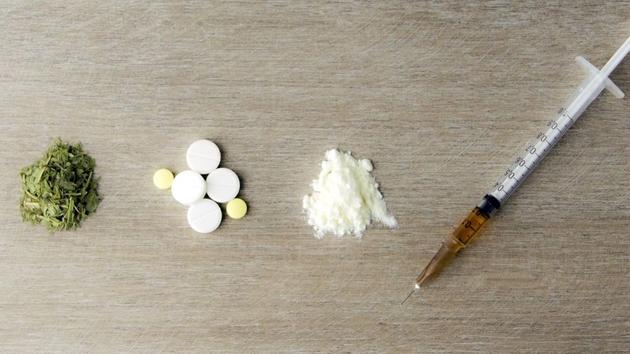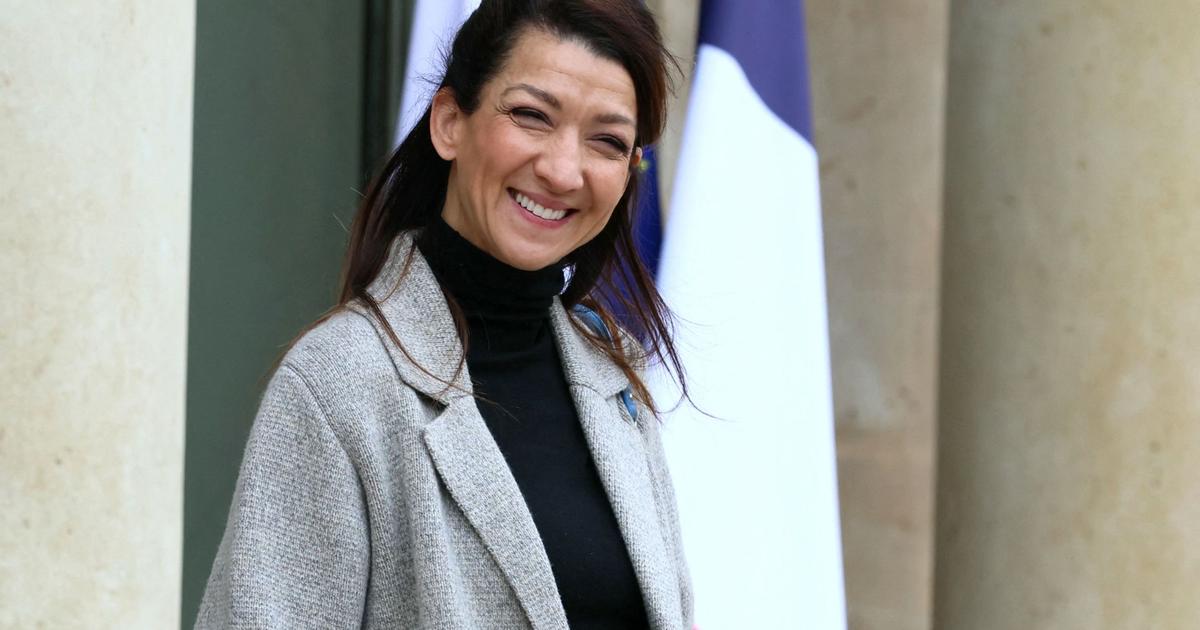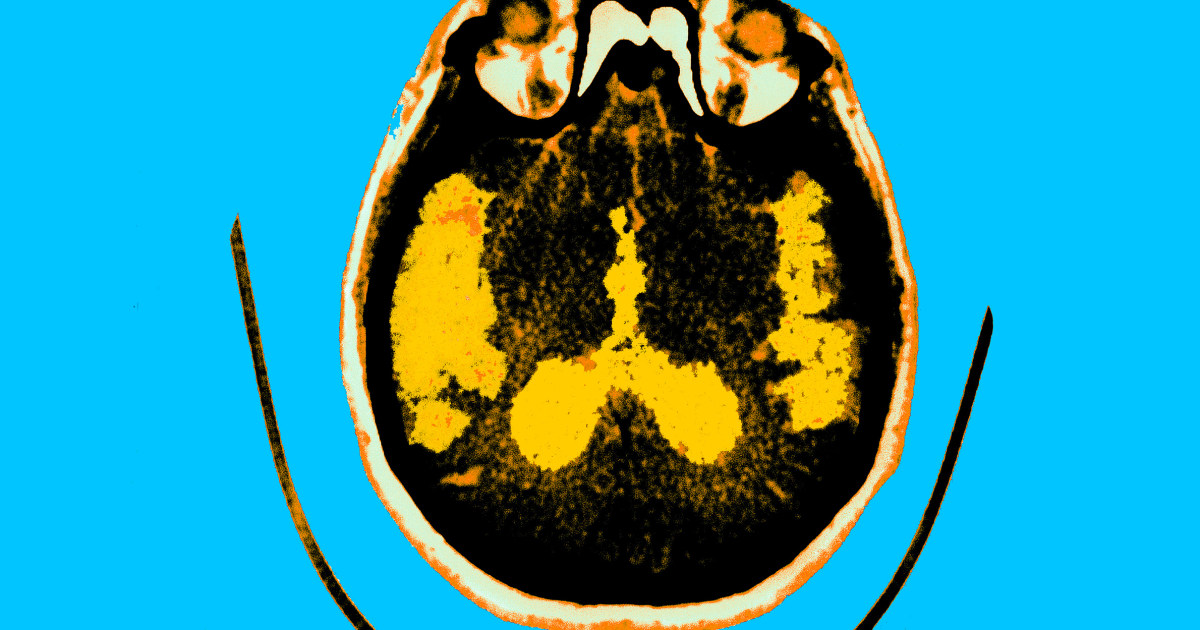On April 19, the President of the Republic expressed his desire to
“launch a major national debate on drug consumption”
.
The use of substances and objects to feel "good", "better" or "more efficient" has accompanied the development of humanity since its inception.
From the uses of plants to pharmaceutical molecules, from the use of fire to that of screens, each step required an evaluation of the benefits provided and the risks encountered, an evaluation which is difficult as it mobilizes various expertise.
To discover
Covid-19: instructions for use of self-tests
The reports by Bernard Roques (1998) then by David Nutt (2009) were able to propose classifications of the dangerousness of psychotropic drugs, but the complete picture of their benefits and harms remains to be done ... The recent parliamentary mission on the uses of cannabis has dared explore the angle of uses.
Medical use, which will meet the expectations of many fellow citizens, social use, aimed at well-being.
CBD is introduced there, arguing its lack of "psychoactive" effects and its "muscle relaxant" effects.
As for cannabis, it played an advantageous comparison with alcohol, a product for common use but with psychoactive effects and significant health risks, to claim free use.
To read also:
The fight against the use of cannabis becomes automatic, "to the detriment of health measures", estimates the OFDT
We share the observation of a necessary regulation of the use of psychoactive substances, as well as that of the deleterious effects of the prohibition of cannabis associated with the laxity of the regulation of alcohol.
This observation should lead the public authorities, not to get lost in the sole “security” axis, but to assume a regulatory function, with three essential components.
“On alcohol, the State has abandoned, in the name of financial issues, the regulatory posture that it seemed to adopt with the Evin law, whose thirtieth anniversary we have celebrated.
"
The health aspect justifies a control of the product, from its production to its sale. For medical use, this control is the responsibility of the players in medicine and pharmacy; it is up to them to lay down indications, galenics, rules of use and delivery. For social uses, the regulation should be inspired by that demanded for alcohol. The scientific study of the different alcohol regulations, depending on the country, has well documented the interest of a public health policy responding to social determinants, associating minimum prices and taxes, supervision of advertising and sales and information. on the risks. But in France, the State has abandoned, in the name of financial issues, the regulatory posture that it seemed to adopt with the Evin law, whose thirtieth anniversary we have celebrated.
Read also:
Has cannabis become a hard drug?
For twenty-five years, the OFDT has established that entry into the use of cannabis takes place between the end of middle school and the start of high school, a period that neurosciences describe as that of a lag in the maturation of the brain, between emotion and control.
In a highly addictogenic context, the experience of use will replace the learning of social skills: self-assertion, conflict management, expression of emotions, etc.
These educational risks justify a prevention and early intervention component, supporting families and educational institutions, taking into account the individual determinants of uses, meeting the standards of risk and damage reduction practices.
“This educational abandonment only gave rise to the effects of nostalgia and postures on the lost authority.
"
However, despite the data from the evaluation work, neither the programs for the development of psychosocial skills, nor the consultations for young consumers, nor the "move towards" risk reduction, nor early intervention have been carried out and funded. over time.
This educational abandonment only gave rise to the effects of nostalgia and postures on the lost authority, from the savages of one to the savage of the other.
The ineffective repressive policy
On the judicial side, we can only note the ineffectiveness of a public policy swallowing up enormous means in repression. France is the European country in which the consumption of cannabis by adolescents, which has increased sharply since the 1990s, is the most important even though it exposes people to a prison sentence and the number of arrests for the use of narcotics have exploded over the past twenty years. The criminal response has increased, through simplified procedures allowing penalties to be entered in the criminal record without going through a trial - the latest being the fixed tort fine authorizing the police to decide only criminal convictions.
“Making magistrates - today police officers - who are not specialists in health assessment, front-line responders to consumers is absurd. "
The prospect of a fine is manifestly ineffective for those whose consumption is motivated by the calming effect of the product in a situation resulting from traumatic events or somatic pathologies. It is no more suitable when it comes to regulating consumer behavior with social and personal motivations that are often diversified and complex. Making magistrates - today police officers - who are not specialists in health assessment, front-line responders to consumers is absurd. Finally, in the follow-up of convicts, the penal prohibition relating to narcotics hinders the health / justice linkage, the magistrates being encouraged to demand total abstinence and to sanction relapses which are nevertheless part of the normal course of care of the nobody.
The fable of a drug-free society
This observation extends to all criminal litigation, numerous offenses and crimes, from violence committed under the influence of alcohol to thefts committed to finance the purchase of drugs, being related to problematic consumption of products. , prohibited or not: alcohol, drugs, narcotics.
Despite this failure, the government continues to serve the fable of a drug-free society: the fine will reduce the consumption of narcotics, since there will be no more demand ... magically weakening trafficking that the courts systematically sanction. several years in prison, while others take over, thus giving the magistrates the impression of emptying the sea with a teaspoon.
Read also:
"Short circuits", easy distribution: French cannabis production booming
The economic analysis, for its part, starts from a simple observation: as soon as a good is inexpensive to produce, and users are willing to pay much more than this cost of production, a market is established with its own logic of distribution and organization of the sector. When a good is legal, this organization can be regulated, in order to reduce the possible damage caused by some of its uses, for some of its users. The public authorities have many tools to act on uses, in particular through taxation: all legal drugs are thus heavily taxed, a higher price making it possible to reduce consumption while ensuring sometimes significant tax revenue (15 billion per year on tobacco alone). The analysis also shows the benefits of replacing an illegal channel,organized by and for the mafias, away from the rule of law and where violence flourishes, through regulated channels, protecting workers and investors alike. The growing number of States involved in the legal regulation of cannabis have all experienced, despite the great diversity of regulatory methods, thousands of permanent job creation, sometimes revitalizing suffering territories or populations.sometimes revitalizing territories or populations in suffering.sometimes revitalizing territories or populations in suffering.
“No state engaged in the legal regulation of cannabis is considering reverting to prohibition.
"
Despite errors here and there, despite sometimes health, security or economic results that are slow to appear, it is clear that no state committed to the legal regulation of cannabis is considering reverting to prohibition.
May the debate on drug consumption, if it opens in our country, be nourished by these foreign experiences, knowledge acquired through research, and decades of experience of actors in the field, more than ideological positions.
Jean-Pierre Couteron, clinical psychologist, works in a CSAPA (Support and Prevention Care Centers in Addictology), Oppelia association, Boulogne-Billancourt.
Pierre-Yves Geoffard, an economist specializing in health systems, is a professor at the Paris School of Economics. He co-wrote with Emmanuelle Auriole the opinion of the Economic Analysis Council on the regulation of cannabis (2019).
Katia Dubreuil, magistrate, investigating judge at the Paris judicial tribunal and president of the National Union of the Judiciary.









